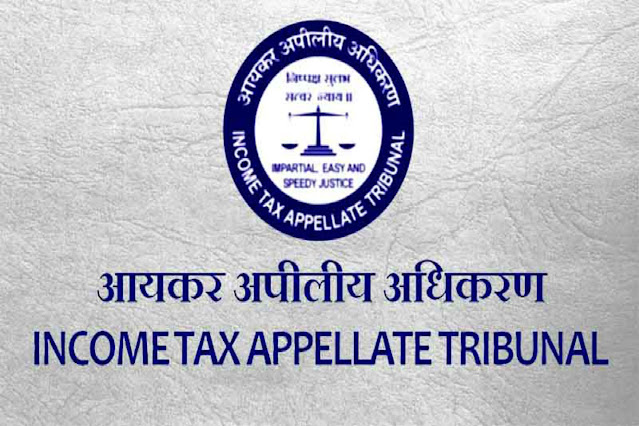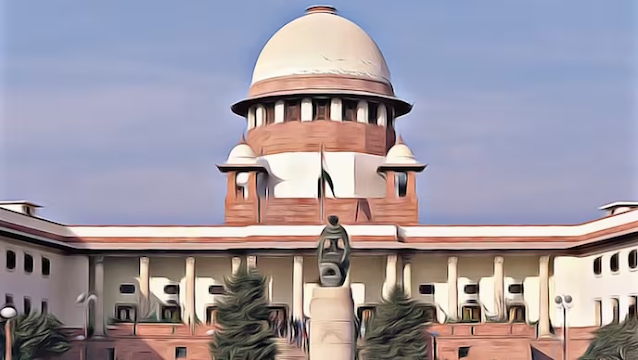1. Heard Mr. O.P. Bhati, learned counsel for the petitioner and Mr. M.K. Sarma, learned counsel for respondent Nos. 1 and 2.
2. The petitioner has filed an application u/s 401 of the Code of Criminal Procedure (Cr.PC for short) read with Section 227 of the Constitution of
India challenging the validity of the order dated 28.10.2022 passed by the learned Sub-Divisional Judicial Magistrate No. 1, Kamrup (M), Guwahati in
Misc. Case No. 40M/2014, Guwahati whereby the prayer of the petitioner ‘X’ (name withheld) for recalling the order dated 14.03.2022 has
been rejected.
3. The learned counsel for the respondents has submitted that the original petition was filed u/s 12 of the Protection of Women from Domestic
Violence Act, 2005 (D.V. Act for short) and the order was passed on 14.03.2022. This petition is not maintainable as only appeal lies against an order
passed in connection with any petition filed u/s 12 of the D.V. Act.
As per Section 29 of the D.V. Act â€
“there shall lie an appeal to the Court of Sessions within 30 days from the date of which the order made by the Magistrate is served on
the aggrieved person or the respondent, as the case may be, whichever is later.“
4. However, it is submitted on behalf of the petitioner that Section 401(5) Cr.PC reads:â€
“Where under this Court an appeal lies but an application for revision has been made to the High Court by any person and the High
Court is satisfied that such an application was made under the erroneous belief that no appeal lies thereto and that it is necessary in the
interest of justice so to do, the High Court may treat the application for revision as a petition for appeal and deal with the same
accordingly.â€
5. The learned counsel for the respondents has stated that even if the revision is treated as appeal, this revision is barred by limitation as the impugned
order was passed on 14.03.2022 and the present petition was filed on 21.01.2023 i.e. after a lapse of 10 months.
6. The application u/s 12 is marked as Annexure-B. The petitioner ‘X’ is the aggrieved and the respondent No. 1 is her husband and respondent
no. 2 is her father-in-law. It is submitted on behalf of the respondents that instead of preferring an appeal a revision was preferred and that too after a
delay of 10 months without a petition with prayer for condonation of delay. The impugned order dated 14.03.2022 is reproduced herein below
verbatim:
“Aggrieved is against absent today showing cervical spondylitis and pyrexia as ground vide petition 3297/22 and it has been submitted
that she is not in a position to appear in the Court today. A payer has been made to allow the aggrieved to be represented by her counsel
for today.
The respondents are being represented vide petition 3299 and Rs.14000 in cash has been deposited today and the same is received by the
Ld Counsel for the aggrieved on her behalf.
Today was fixed for payment and cross of PWs.
Perusal of CR reveals that the aggrieved was accorded a final opportunity to present her witnesses today to face the cross examination and
it was made clear that in the event of failure to do so, the evidence of the aggrieved shall not be considered while deciding the case.
Today, though ground of absence of the aggrieved has been shown, no prayer for adjournment has been made nor there has been any
ground shown why the other PWs of the case have not be presented.
This case has been dragging on since the year 2014 and till date the cross examination of PWs has not been completed though the case has
been listed for cross examination since 2015.
It appears that the only interest of the aggrieved is getting the maintenance and no effort has been made to ensure that the case reaches the
final conclusion.
Hence in absence of any PWs today, the evidence of the aggrieved stands closed without the respondents side getting any opportunity to
cross examine the PWs.
Fix 27.05.2022 for DWs.â€
7. Thereafter this case proceeded for defence evidence and date was fixed on 27.05.2022. The petitioner has also prayed for setting aside the order
dated 28.10.2022. It is submitted on behalf of the petitioner that this petition was filed within the period of limitation because the present petition was
filed within 3 weeks of the order dated 28.10.2022.
8. The bone of contention is that the period of limitation does not run from the date 28.10.2022. It is submitted by the learned counsel for the
respondents that vide order dated 28.10.2022, it was observed by the learned trial court that â€
“Considering all and after perusing of the order dated 14.03.2022 it is noted that my learned Predecessorâ€"inâ€"Office was pleased to
close the evidence of the aggrieved person without giving the respondent any opportunity to cross-examine the PWs. It is also noted that no
order of expunging the evidence of the aggrieved person has been passed vide order dated 14.03.2022.
As such the prayer of the aggrieved is rejected. Petition is decided accordingly.â€
9. The petition No. 817/2022 dated 25.05.2022 was rejected. This petition is marked as Annexure-L. This petition was filed with prayer for recalling
the order dated 14.03.2022 passed by the learned trial court expunging the evidence of the petitioner and thereafter closing prosecution evidence and
fixing the case for defence evidence. It is thereby held that the revision petition was filed within the period of limitation, as the revision is preferred
against the order dated 28.12.2022.
10. Regarding the submission of the learned counsel for both the parties that no revision lies against an appealable order, and also regarding treating a
revision petition as an appeal if the petition is filed under erroneous belief, the petitioner has relied on the decision of the Hon’ble Supreme Court in
Joseph Stephen v. Santhanasamy & Ors. in Criminal Appeal Nos. 90-93 of 2022 decided on 25.01.2022 wherein it has been observed that:-
“11. Now so far as the power to be exercised by the High Court under sub-section (5) of Section 401, Cr.P.C., namely, the High
Court may treat the application for revision as petition of appeal and deal with the same accordingly is concerned, firstly the High Court
has to pass a judicial order to treat the application for revision as petition of appeal. The High Court has to pass a judicial order
because sub-section (5) of Section 401 Cr.P.C. provides that if the High Court is satisfied that such revision application was made
under the erroneous belief that no appeal lies thereto and that it is necessary in the interests of justice so to do. While treating with the
application for revision as petition of appeal and deal with the same accordingly, the High Court has to record the satisfaction as
provided under sub-section (5) of Section 401 Cr.P.C. Therefore, where under the Cr.P.C. an appeal lies, but an application for
revision has been made to the High Court by any person, the High Court has jurisdiction to treat the application for revision as a
petition of appeal and deal with the same accordingly as per sub-section (5) of Section 401 Cr.P.C., however, subject to the High Court
being satisfied that such an application was made under the erroneous belief that no appeal lies thereto and that it is necessary in the
interests of justice so to do and for that purpose the High Court has to pass a judicial order, may be a formal order, to treat the
application for revision as a petition of appeal and deal with the same accordingly.
12. Now the next question is what order should be passed in a case like the present. This Court may either set aside the impugned
judgment and order passed by the High Court setting aside the acquittal and convicting the accused so as to enable the High Court to
remit the matter to the first appellate Court to rehear the appeal after considering the findings recorded by it or to remit the matter to
the High Court to treat the revision application as a petition of appeal against the order of acquittal, which otherwise is permissible
under sub-section (5) to Section 401 Cr.P.C. As observed hereinabove, as such, while exercising the powers under sub-section (5) to
Section 401 Cr.P.C. to treat the revision application as a petition of appeal, the High Court is required to pass a judicial order.
However, considering the fact that even otherwise being victims they are having the statutory right of appeal as per proviso to Section
372 Cr.P.C., we deem it fit and proper to remit the matter to the High Court to treat the revision applications as petition of appeals
under Section 372 Cr.P.C. and to decide the same in accordance with law and on their own merits. The same would be in the interests
of all, namely, the victims as well as the accused, as the appellate Court would have a wider scope and jurisdiction as an appellate
Court, rather than the revisional court.â€
11. This instant case is not similar to the case referred to by the petitioner. In the case of Joseph Stephen (supra), the Hon’ble Supreme Court
directed the High Court to treat the revision applications as appeals u/s 372 Cr.PC. The offence alleged was u/s 147/148/324/326/307/506 read with
Section 149 IPC and in such matters appeals as well as revision lies in the High Court. But in the instant case, an appeal against an order passed by a
Magistrate will lie in the Court of the Sessions Judge. An appeal u/s 29 of the D.V. Act against the order of the trial Court lies in the Court of the
Sessions Judge. This Court cannot treat the revision as an appeal u/s 29 of the D.V. Act.
12. Hence petition is rejected with a liberty to the petitioner to approach the proper forum for relief.

